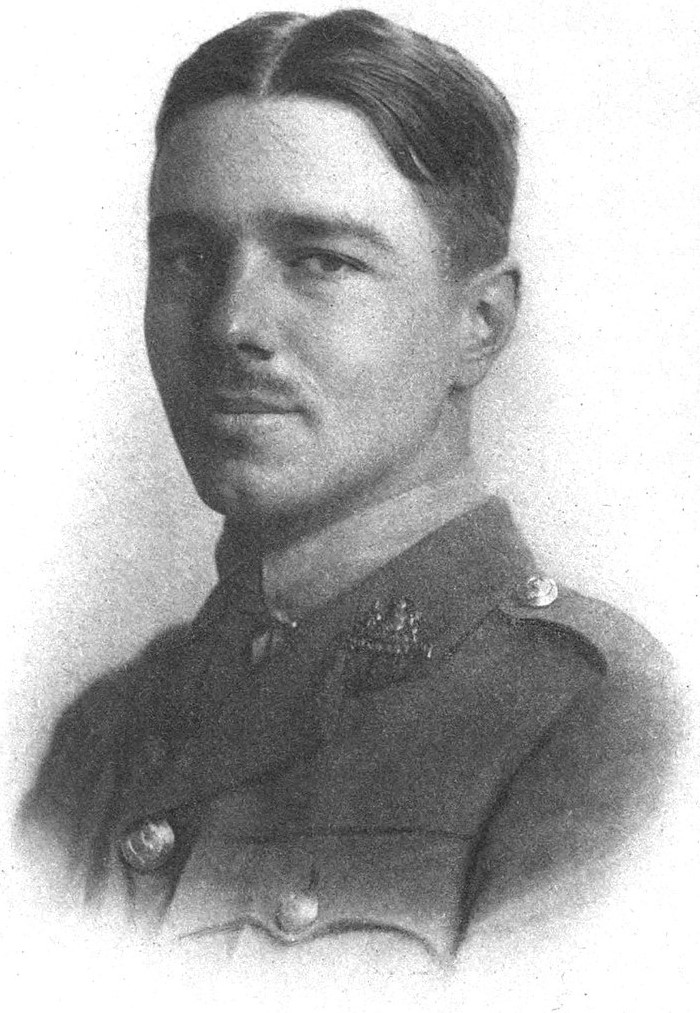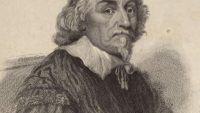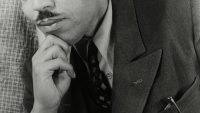Wilfred Owen was a renowned English poet known for his powerful and poignant war poetry, which vividly depicted the horrors and realities of World War I. Born in 1893 in Oswestry, Shropshire, Owen grew up in a middle-class family and initially pursued a career as a teacher. However, his life was forever changed when World War I broke out in 1914, and he enlisted in the British Army in 1915.
During his service, Owen experienced the brutal realities of trench warfare firsthand, witnessing the devastating effects of gas attacks, artillery bombardments, and the loss of comrades. These experiences profoundly influenced his poetry, and he began to write with raw honesty about the physical and psychological toll of war on soldiers. Owen’s poetry captured the disillusionment, trauma, and sense of futility felt by many who fought in the trenches, offering a stark contrast to the glorified portrayals of war prevalent at the time.
Despite his relatively short life, Owen’s impact on English literature was profound. His poetry, which included works such as “Anthem for Doomed Youth,” “Dulce et Decorum Est,” and “Strange Meeting,” is now regarded as some of the most powerful and influential war poetry ever written. Tragically, Owen’s life was cut short when he was killed in action on November 4, 1918, just one week before the Armistice that ended World War I. Today, Wilfred Owen is remembered as a voice for the soldiers who suffered and sacrificed during the Great War, and his poetry continues to resonate with readers around the world, serving as a reminder of the human cost of conflict.

To know more about Wilfred Owen, let’s take a look at these 10 interesting facts about Wilfred Owen.
- Inspired by John Keats : Wilfred Owen was greatly influenced by the poetry of John Keats. He admired Keats’s use of vivid imagery and lyrical language, which would later influence Owen’s own style of writing.
- Letter to his Mother : Owen wrote a poignant letter to his mother in 1917, expressing his opposition to war and his disillusionment with the glorification of combat. This letter, often referred to as the “Susan Owen letter,” sheds light on Owen’s personal struggles and his desire to convey the harsh realities of war through his poetry.
- Meeting Siegfried Sassoon : Owen met fellow poet and war veteran Siegfried Sassoon at Craiglockhart War Hospital in 1917. Sassoon’s mentorship and encouragement had a significant impact on Owen’s development as a poet, and the two formed a close friendship.
- Soldier’s Perspective : Unlike many poets of his time, Owen wrote from the perspective of a soldier on the front lines, drawing from his own experiences and observations to create vivid and harrowing portrayals of war.
- Revision of Poetry : Owen was a meticulous reviser of his poetry, constantly refining and reshaping his work to capture the essence of the experiences he wished to convey. He often revised his poems multiple times before considering them complete.
- Religious Influence : Owen’s poetry often grappled with themes of religion, morality, and the human condition. He questioned the traditional notions of heroism and sacrifice, challenging the glorification of war in religious and patriotic rhetoric.
- Posthumous Recognition : Although Owen’s poetry was not widely recognized during his lifetime, his reputation grew significantly after his death. His mother, Susan Owen, worked tirelessly to preserve and promote her son’s poetry, eventually leading to his posthumous recognition as one of the greatest war poets of the 20th century.
- The Wilfred Owen Association : The Wilfred Owen Association was established in 1989 to promote awareness and appreciation of Owen’s life and work. The association organizes events, publishes research, and supports educational initiatives related to Owen and his poetry.
- Influence on Later Writers : Owen’s poetry has had a lasting impact on later generations of writers, artists, and filmmakers. His powerful imagery, vivid descriptions, and emotional depth continue to resonate with audiences and inspire new works that explore the human cost of war.
- Legacy : Wilfred Owen’s legacy as a poet of the First World War is firmly established in English literature. His poetry remains a powerful testament to the tragedy and futility of war, ensuring that the sacrifices of those who fought and died are not forgotten.
Wilfred Owen, a poet of profound empathy and unwavering courage, stands as a towering figure in the annals of English literature. Through his poignant verses, he gave voice to the silenced suffering of soldiers, capturing the brutal realities of war with unflinching honesty and raw emotion. Owen’s unwavering commitment to truth and his willingness to challenge prevailing narratives of heroism and glory have left an indelible mark on the collective consciousness, reminding us of the human cost of conflict.
Though his life was tragically cut short on the battlefield, his poetry endures as a timeless testament to the resilience of the human spirit and the enduring power of art to bear witness to the darkest chapters of history. In honoring Wilfred Owen’s legacy, we pledge to remember the sacrifices of those who have gone before us and to strive for a future where peace and understanding prevail over the horrors of war.



